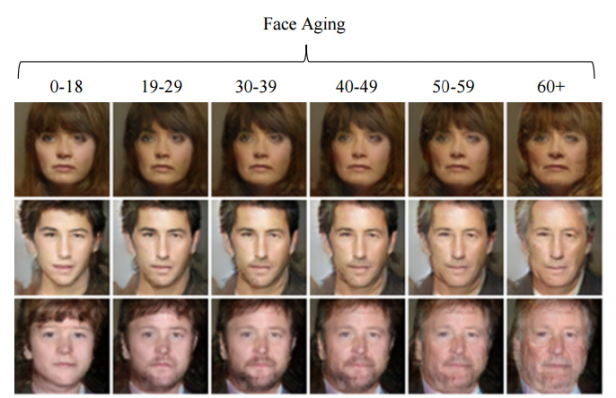A Wishing Well
Op-Ed: A reasoned call for reason and good will to prevail in the climate debates
There's so much dreary and depressing news in the papers and on TV these days about the so-called ''climate emergency'' and the ''climate crisis.'' Article after article, op-ed after op-ed, it's a never-ending drumbeat of dystopian news and I'm tired of it.
Sure, I'm one of the people who coined and promoted the cli-fi genre of novels and movies over the past 10 years, but at the same time, I'm not in the pessimist camp. I'm a born optimist.
But think about this: A recent interview blew my mind.
You see, a deep-climate pessimist, a well-known Jewish fiction writer I will call "Aunty Bea" for this piece (and no relation to the Bloom family) and to which I will refer to myself here as "Grandpa Dan." I'm 70.
I like and respect Aunty Bea for her public stance on climate anxiety and for her literary output of novels and short stories. But if I had my druthers, I will tell my grandchildren to ignore Aunty Bea's doomsday climate predictions and to listen to Grandpa here instead.
Why? Read on.
I'll give you some examples of Aunty Bea's nonsense. I hope she doesn't sue me. Because we're distantly related, I don't think she will, although her husband Uncle Ben is a well-paid psychiatric medical malpractice lawyer.
A reporter recently asked Aunty Bea how she goes about talking about climate change with her kids without scaring them. Good question.
"I certainly don’t want them to be as anxious and full of dread as I am as an adult," my landsmann Bea said, adding: "But we talk about it, sure. It’s possible their life expectancy will be shortened by climate change."
"I talk with them openly about the issues ahead of them because I think pushing the issues away and out of sight is only going to serve to make them into strange, warped people," she shared. "At the same time, one’s job as a parent is to be one’s children’s shell until they’re able to go into the world as vulnerable but functional humans. I take that job seriously."
"Look, climate change is the greatest problem of our time, the thing that is probably going to kill humanity. We’re standing on the edge of the cliff, there’s a hurricane blowing, and we’re whistling merrily into the wind," she said. "It feels to me as if there’s a sword of Damocles hanging over our heads. It often feels like the human future is closing down, becoming smaller and darker. How much time do we have left to turn things around with climate change? Ten, twenty, fifty years?"
Come on, Aunty Bea! Ten years left? Twenty, fifty, a hundred years left? No way. In my generous way of looking at things, I envision that we have 30 more generations of humans before it gets so bad we all die. Well, not us, but those billions of people still alive in those distant times in those distant climes. I don't see the word of Damocles hanging over our heads now. I see blues skies and sunny days pretty much worldwide for the next 500 years. That's what I tell my grandchildren. Don't scare the kids, Aunty Bea.
So there you have it: Grandpa Dan vs Aunty Bea. Not a major court case, but a minor family squabble.
She's right to say the things she says to her own children in Missouri (the "show me" state) and I'm right to tell my grandchildren in New Jersey (the ''Bruce Springsteen'' state) that there's another way to look at the future and that's with generous amounts of Jewish optimism and that other important part of Jewish culture which in my house we call "common sense."
Roll the dice. Who wins? Aunty Bea or Grandpa Dan?
You decide.
Dr Steven Moffic, a psychiatrist in the Cleveland area, read the first part of this article that you are reading now and wrote to me by email offering his view of things: "Hi Dan, I’m more on your side. Children need information that they can understand, they also need hope and optimism. Moreover, look at how they can provide leadership in example of 17 year old Swedish activist Greta Thunberg."
"There are some mental health professionals who think we should build resilience in communities because it is too late to stop the ravages of what I call climate instability. That may be of some help, but it also distracts us from prevention. Not only do we still need to work to globally get our governments in line, but also support any research that can provide new energy sources,'' he added.
So are we really standing on the edge of the cliff? Some say yes, some say no.
I'm sitting on the fence. You?


No comments:
Post a Comment